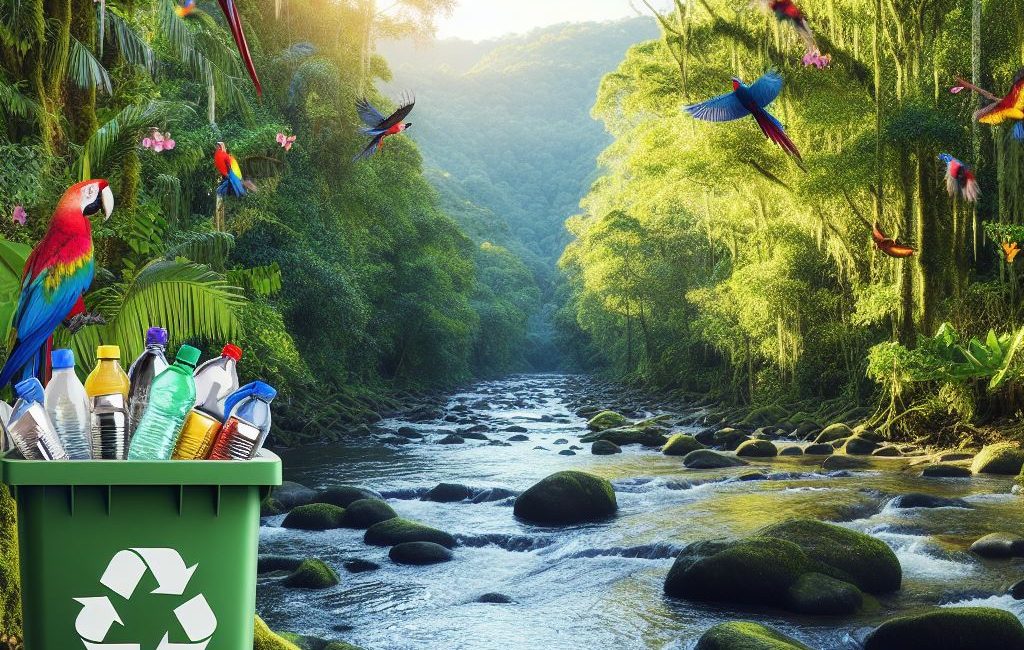In a recent report, environmental experts from Brazil have stressed the vital role of plastic waste recycling in protecting marine life. The recycling of plastic waste is essential in reducing ocean pollution, which in turn helps to preserve marine ecosystems that are home to a vast array of species.
The issue at hand is the management of plastic waste recycling, especially when it comes to contaminants found in imported waste. Notably, plastic waste imports from Canada to Brazil often include non-recyclable materials such as electronics, batteries, and hazardous chemicals, which exceed the acceptable standards. With Brazilian recycling centers handling several thousand tonnes of imported plastic waste each month, the need for effective management is clear.
Some shipments from Canada have been reported to exceed the five percent contamination limit set by Brazilian environmental laws. In response, there is a growing demand for Canadian suppliers to implement more rigorous cleaning and sorting processes prior to export. Despite these efforts, Brazil faces ongoing challenges in the proper treatment and separation of recyclable plastic waste.
The Brazilian Ministry of the Environment recognizes the challenges posed by the inclusion of non-recyclable materials in plastic waste exports. Highlighting the importance of regulatory compliance, the ministry calls for improved quality in plastic waste exports to lessen the environmental impact.
As a significant exporter of recyclable plastic to Brazil, Canada’s commitment to sustainable recycling practices is crucial. It is essential to push forward with innovative solutions that favor both the environment and the preservation of marine biodiversity. Through dedicated efforts and strict adherence to environmental guidelines, the negative effects of plastic waste exports on the world’s oceans can be reduced, contributing to a more sustainable and vibrant planet.

